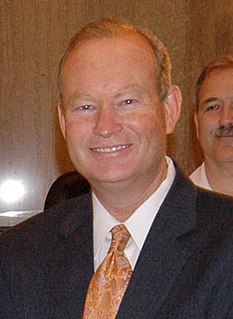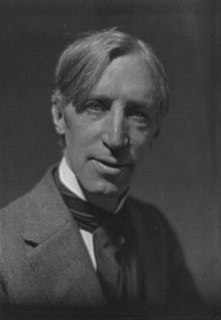A Quote by Chuka Umunna
In an age of globalisation, investment and good jobs increasingly flow to cities and regions with distinctive strengths and specialisms. These cannot be built up from Whitehall. They require local expertise, knowledge and dedication.
Related Quotes
There's no getting around the fact that some cities face long odds, and governments and societies are going to be confronted with some hard decisions. Most importantly, cities have to recognize that in times of crisis they have to help themselves. Governments, no matter how well intentioned, can only do so much, especially when they themselves are so strapped for cash, as the U.S. is now. Government money will probably flow to cities and regions with good prospects for the future, so as not to risk money even further by pouring it into stalled economic models.
What people want now, they want jobs. They want great jobs with good pay. And I'll tell you, we're spending a lot of money on the inner cities - we are fixing the inner cities - we are doing far more than anybody has done with respect to the inner cities. It is a priority for me, and it's very important.
Like any developing country, it has an inequality of wealth. In the Chinese case, it is particularly [pronounced] by the fact that they decided they couldn't make the whole country move forward simultaneously, so they've started region by region. So the interior regions are much less well off than the coastal regions. And this is certainly a huge challenge, because it produces a flow of populations from the poorer regions to the richer regions.
The [Barack Obama] administration is sharing its knowledge, its expertise with the incoming administration. And this, to us, is a sign of encouragement, to continue the good cooperation that we have built between the United States of America and the Federal Republic of Germany that is in our mutual interest.


































